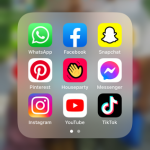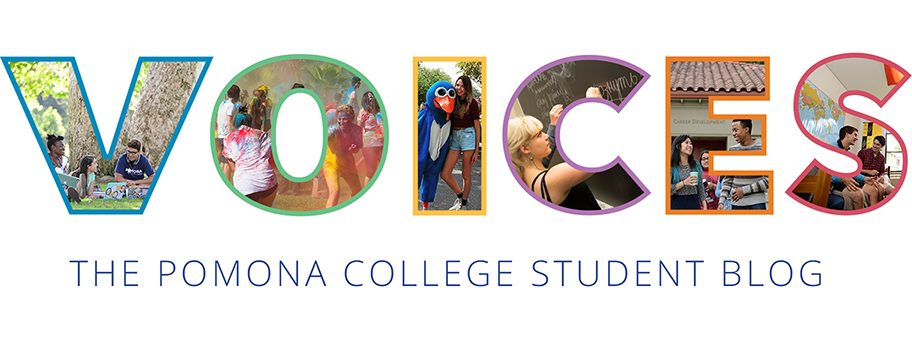By Sonam Rikha ‘24
Addiction: “a compulsive, chronic, physiological or psychological need for a habit-forming substance, behavior, or activity having harmful physical, psychological, or social effects and typically causing well-defined symptoms (such as anxiety, irritability, tremors, or nausea) upon withdrawal or abstinence” (Merriam Webster Dictionary).
If I’m being honest, I don’t remember the first time I heard the word “addiction.” I just remember the images that my childhood health classes have ingrained in me: Addiction = Drugs and Drugs = Bad. When teaching about addiction, my teachers seemed to talk only about addiction in terms of substance abuse, like alcohol or nicotine. Despite the growing accessibility of cellphones in the US and the rise of social media platforms such as Instagram and YouTube, many people fail to acknowledge society’s growing social media addiction and its impacts on one’s mental and physical health.
Not to be like one of those old people who always say “back in my day… ,” BUT back in my day kids would go outside to the park, play outdated board games, or find some other tech-free activity to do during their free time. Sure TV existed, and there were gaming consoles and ancient social media platforms like Myspace, but technology and social media didn’t control most of us then as it does now. These days, whenever I visit my community center, I tend to find kids as young as five years old glued to their tablets or parents’ phones willingly choosing to stay inside while the weather is perfect for playground games. The prevalence of social media or just mobile devices has even made my 2-year-old nephew an addict. And before you call me a boomer, I’m not saying that we should ban social media or return to the tech-free old days. However, I do find it concerning that an addiction to social media has not been discussed as much as it needs to be.

As an iPhone and social media addict myself, I struggle to disconnect from social media–the reason why my screen time is way higher than it should be. When stressed or bored, I’m guilty of going down endless YouTube loopholes only to feel sad and unproductive afterward. Being a college student makes it even harder to disconnect. Instagram has become my main source for communication among high school friends and a place to connect with other first years during this virtual academic year. Zoom university has pushed me to spend even more time on social media and has only worsened my addiction. Since I can’t just grab lunch with my college friends or walk up to a classmate to ask them a question about the homework, I’ve resorted to social media to communicate. It makes me uncomfortable to not check my social media at least once a day, and the idea of staying off of social media for a week feels impossible.
And before you get any ideas, no this is not some miraculous success story about me overcoming my social media addiction. Like all addictions, it’s a bumpy process that I’ve been struggling with for a long time. So if you’re a prospective student or a Pomona student struggling too, here are some of the things that I do that help with my addiction:
- Set a reasonably flexible limit for how much time you plan to spend on social media. Don’t make drastic screen time cuts; instead, make small gradual changes.
- Delete the social media app that consumes most of your time, even if it’s just for a day. I like to delete my social media apps when I need to get work done and occasionally set goals for how many days I can stay off of a certain social media app.
- Find a non-social media activity to do that helps alleviate stress. It would also be preferable that this activity doesn’t require you to stare at a screen. These days I’ve been really into reading and journaling.
- Be aware of your emotions and their relationship to your social media behavior. Personally, when I’m sad or stressed, I’ve noticed that I subconsciously reach for my phone. Instead of aimlessly scrolling through Instagram or YouTube, try tackling those emotions head-on and find more sustainable and healthy solutions to navigating or numbing your emotions.

While the journey to resolving any addiction is tough, celebrating the progress you make (even if it’s small) is important! Personally, I track my screen time and whenever I have a decrease in screen time I treat myself with ice cream. And with the possibility of being in-person next semester growing more likely, I definitely expect to be eating a lot of ice cream next semester.
